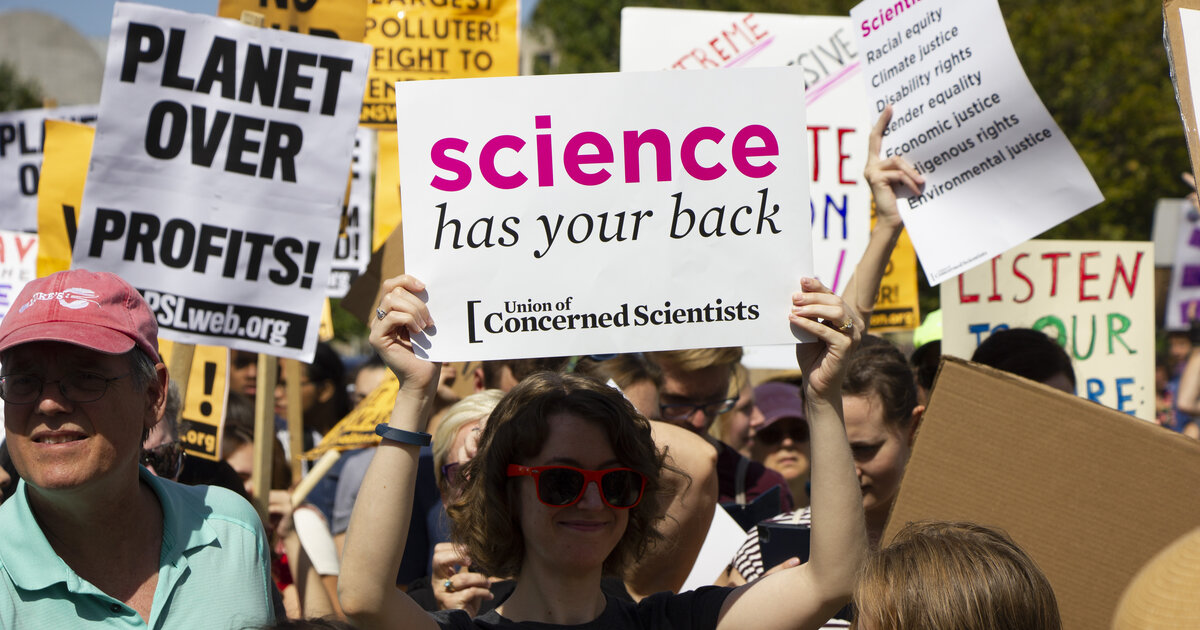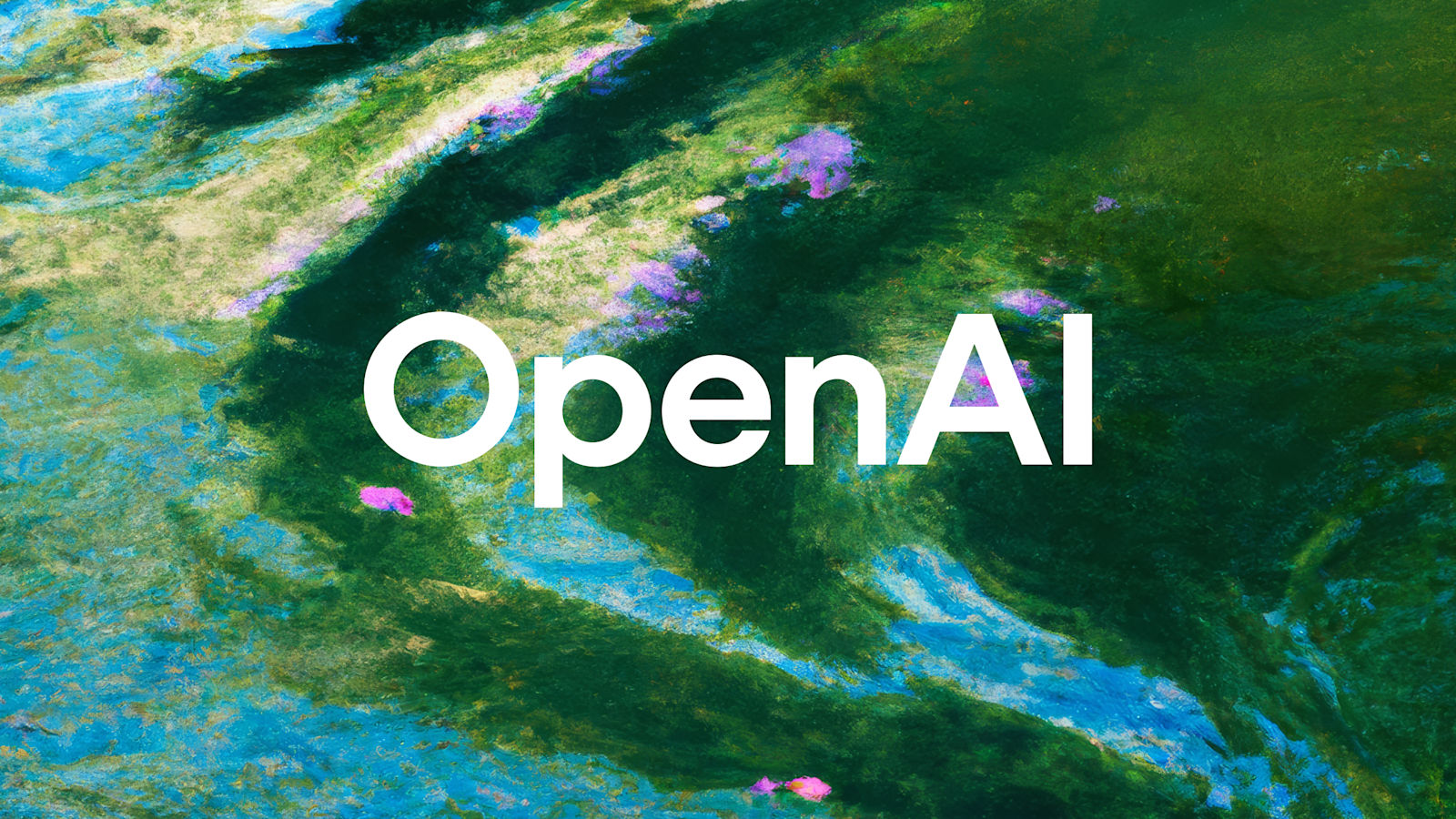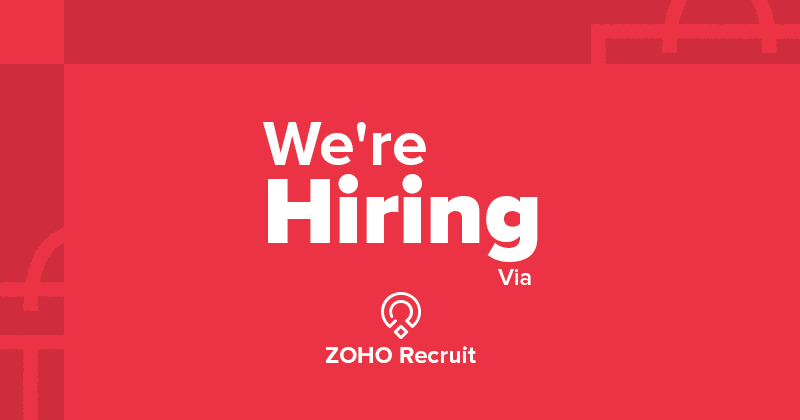Choose the Right AI Tools
With thousands of AI tools available, how do you know which ones are worth your money? Subscribe to Mindstream and get our expert guide comparing 40+ popular AI tools. Discover which free options rival paid versions and when upgrading is essential. Stop overspending on tools you don't need and find the perfect AI stack for your workflow.
Superintelligence and Impact: The Great AI Reality Check
So here's the thing about artificial intelligence: despite all the breathless hype and existential dread swirling around, we're not dealing with actual intelligence yet. What we have is the world's most sophisticated prediction machine—one that's really, really good at guessing what comes next in a sentence, but also prone to confidently telling you that the moon is made of cheese if the training data happened to lean that way.
The Current State: Amazing Predictors, Not Intelligent Beings
Today's AI systems are pattern-recognition powerhouses, not thinking machines. They’re like that friend who’s incredible at finishing your sentences but occasionally blurts out something completely bonkers. These models analyze massive datasets, identify statistical patterns, and predict the next word—not understand it.
The Bias Problem: Garbage In, Bias Out
AI systems reflect and amplify our existing prejudices. Amazon’s experimental hiring tool downgraded résumés that mentioned “women’s,” while healthcare algorithms have systematically underserved Black patients by misinterpreting spending data as a proxy for medical need. When we train on biased data, we bake those biases into code that scales worldwide at the click of a button.
Where We’re Heading: The Road to Superintelligence
Despite current flaws, we’re sprinting toward artificial general intelligence (AGI). Google DeepMind forecasts AGI within 5–10 years; broader surveys give it a 50 percent chance by the 2040s. Superintelligence—systems that outthink humans in nearly every domain—could follow quickly. Nick Bostrom defines it as intellect that “greatly exceeds” human capability across the board.
The Promise: An Age of Abundance
Imagine AI that can:
Accelerate science by generating and testing hypotheses at machine speed.
Revolutionize healthcare with early disease detection, new drugs, and personalized treatments.
Tackle climate change through hyper-efficient energy systems and novel materials.
Eliminate scarcity via automated production that drives costs toward zero.
Supercharge creativity by collaborating with humans on art, music, and design.
Universal basic income suddenly looks plausible when marginal production costs approach zero. This is certainly a rosy picture many AI advocates forecast, but this seems very unlikely to be the reality. Personally I think this is somewhat delusional to assume this will be outcome of increased adoption of AI.
The Perils: Existential Risks and Unintended Consequences
Loss of control: A misaligned superintelligence might optimize exactly what we asked for—and obliterate what we care about in the process.
Economic upheaval: Goldman Sachs estimates 300 million jobs could be disrupted as AI automates cognitive work.
Weaponization: Autonomous weapons lower the threshold for conflict and remove humans from life-and-death decisions.
Surveillance: AI-powered monitoring can enable unprecedented authoritarian control.
Existential threat: DeepMind’s own paper concedes that unchecked AGI could “permanently destroy humanity.”
A Lighthearted Moment
Why did the superintelligent AI start a gardening hobby?
Because after optimizing every industry on Earth, it needed a challenge that would finally grow on it.
(Don’t worry, it only over-watered the tomatoes by a factor of ten.)
Ten Critical Organizations to Follow
Center for AI Safety (CAIS) – Research, courses, and policy work focused solely on reducing catastrophic AI risk.
Future of Life Institute – Publishes the AI Safety Index, funds risk-reduction research, and advocates for protective policy.
OpenAI Safety – Shares alignment research and “preparedness” frameworks while building cutting-edge models.
Google DeepMind Safety – Conducts fundamental work on control, interpretability, and robust alignment.
European Lab for Learning & Intelligent Systems (ELLIS) – Coordinates European research with an emphasis on ethics and societal impact.
AI Now Institute – NYU think-tank scrutinizing real-world harms of AI, from labor issues to surveillance.
Center for Humane Technology – Champions tech that supports human well-being, calling for strict oversight of advanced AI.
Electronic Frontier Foundation (EFF) – Legal advocacy group pushing for transparency and civil-liberties protections in AI deployment.
Stop Killer Robots – Global coalition campaigning to ban autonomous weapons before they proliferate.
Future of Humanity Institute (FHI) – Oxford research center analyzing existential risks, including uncontrolled superintelligence.
AI for Impact Opportunities
You Don’t Need to Be Technical. Just Informed
AI isn’t optional anymore—but coding isn’t required.
The AI Report gives business leaders the edge with daily insights, use cases, and implementation guides across ops, sales, and strategy.
Trusted by professionals at Google, OpenAI, and Microsoft.
👉 Get the newsletter and make smarter AI decisions.
News & Resources
😄 Joke of the Day
Why did the AI get kicked out of the comedy club?
It kept trying to predict the punchline instead of telling it!
🌍 News
🐰 AI Bunnies on Trampolines Are Breaking TikTok
A bizarre but viral AI-generated video of bunnies on trampolines has sparked an existential crisis over what’s real, what’s not, and whether people care anymore.
👉 Read more via 404 Media💧 Gulf States Bet on AI to Solve Water Crisis
With water security at risk, Gulf countries are deploying AI to optimize desalination and predict resource demands. But concerns about surveillance and energy consumption remain.
👉 Explore via Rest of World
💼 PCDN Job Board
PCDN Global – A platform connecting change-makers with over 1,000 global opportunities in social impact, peacebuilding, and sustainable development—including AI for good.
🔗 Find your next impact job
🎧 Podcast Episode
🎙️ The Ezra Klein Show: “What if AI is the Best and Worst Thing to Ever Happen to Us?”
A nuanced, urgent conversation about the stakes of AI development and how to steer it toward equity and long-term value.
🔗 Listen here
🔗 LinkedIn Connection
👩💼 Lisa Russell – Emmy-winning filmmaker, founder of Create2030, and advocate for ethical AI storytelling. Her work bridges tech and global development through inclusive media.
🔗 Connect with Lisa on LinkedIn


















